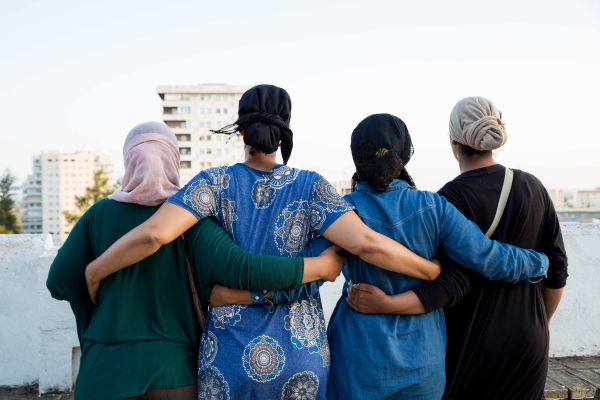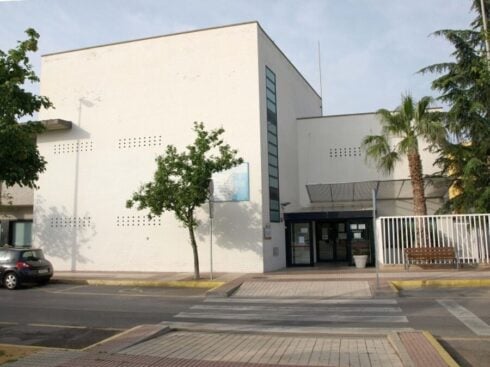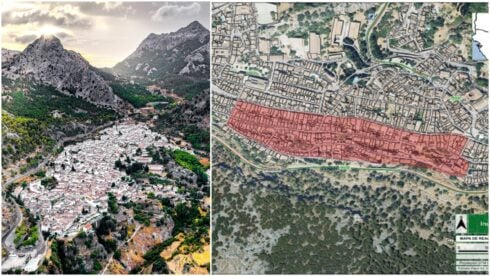A PLEA has gone out to the United Nations to investigate human rights violations against migrant women workers toiling in the strawberry fields of Andalucia.
International pressure group Women’s Link Worldwide has warned that many of the mainly Moroccan seasonal fruit pickers have been left vulnerable to unscrupulous gang masters and sexual predators.

In a communication to several UN departments, Women’s Link, backed by seven other organisations, also raised the alarm over the risks posed to the women by the COVID-19 pandemic.
It said: “The women were already in a situation of heightened vulnerability due to the labour exploitation and multiple forms of violence they have faced for years.
“These workers may be exposed to new forms of exploitation resulting from the labour shortage caused by the closing of borders, as well as an increase in impunity in cases of violence, particularly sexual violence, due to greater difficulties in accessing healthcare and the justice system.”
This year only 7,000 of the estimated 18,000 seasonal workers expected to travel between Morocco and Spain made it to Huelva before the coronavirus lockdown.
But many of those who did face cramped, unsanitary housing – often old shipping containers – together with a lack of physical distancing, gloves, or masks at some farms, despite the regional soft fruit industry raking in nearly €1 billion a year.
Now the group has asked the UN bodies to issue a joint statement to Spain and Morocco and the businesses involved, demanding action to safeguard the women’s health and rights.
“The COVID-19 pandemic, like all crises, has a specific impact on women, exacerbating existing gender inequalities,” said Women’s Link Worldwide attorney Aintzane Márquez.
She added: “This impact is particularly serious for women in situations of vulnerability, such as migrant workers in the strawberry industry, whose families rely on their income, and who face discriminatory and abusive work conditions.”
The organisation also submitted a report prepared by various support groups including Andaira and Taraceas Cooperativa, detailing the most frequent human rights violations committed against seasonal workers in the 2019 season.
It described rights violations documented during the worker selection process in Morocco and during the performance of work, as well as specific violations related to housing conditions, sexual violence, access to justice, access to healthcare, and sexual and reproductive rights.
It points out that the onus is placed on women to report the abuses they suffer.
The pressure group wants government agencies to oversee the industry more effectively rather than rely on the businesses themselves.
“The COVID-19 crisis offers an opportunity to overhaul the in-country hiring system. Returning to ‘normal’ must also mean shifting to a production model where migrant workers’ rights, rather than financial interests, are front and center,” said Márquez.
Click here to read more Spain News from The Olive Press.








